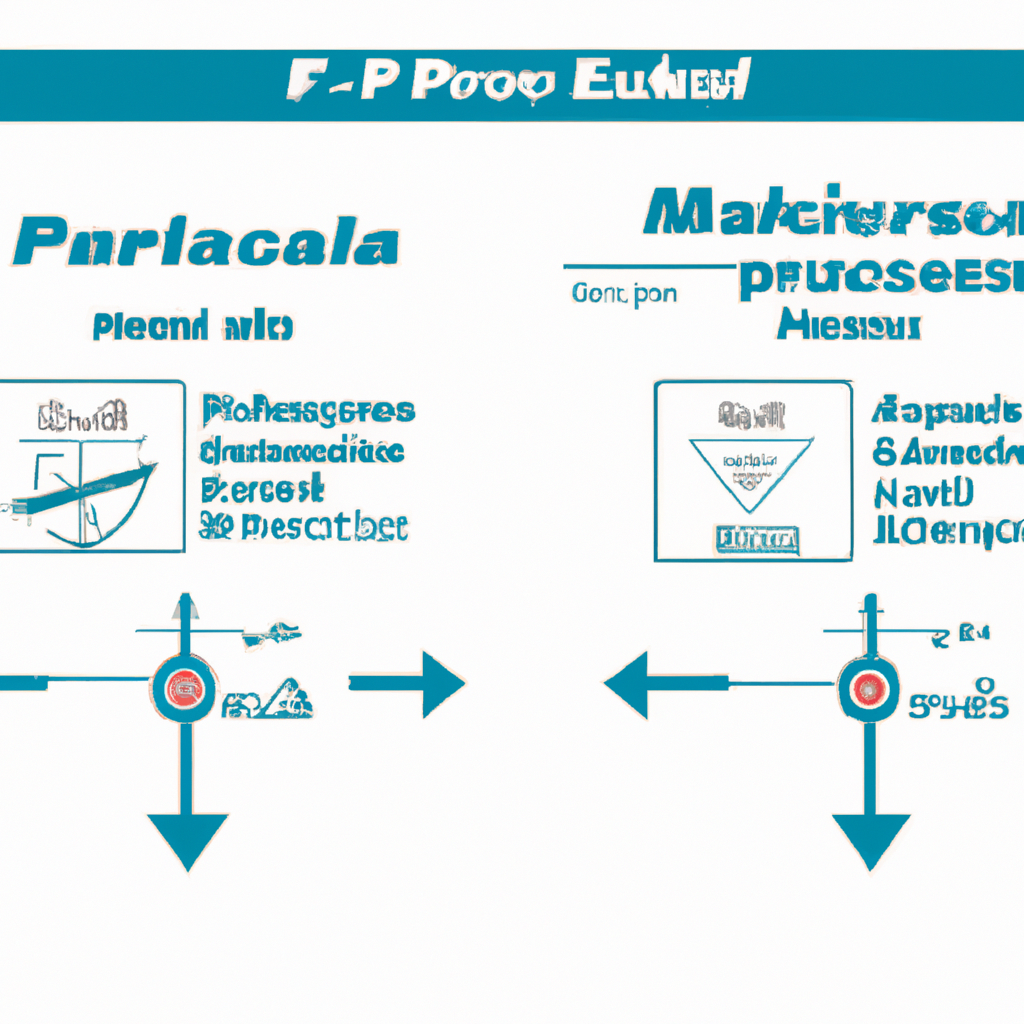Practicing nautical activities can offer an exciting and enriching experience, but like any other sport, it comes with its own set of risks and challenges. To ensure a safe and enjoyable experience, it is essential to be well informed and prepared before embarking on any water activity. This article provides a comprehensive guide on safety measures in water sports, the equipment necessary to ensure your safety in the water, how to prepare for a safe water activity, and the emergency protocols to follow in risky situations. Whether you're a seasoned water sports enthusiast or a beginner eager to try something new, these tips and guidelines will help you surf with confidence and safety.
- 1. "Main safety measures in water sports"
- 2. "Necessary equipment to guarantee your safety in the water"
- 3. "How to prepare for a safe nautical activity"
- 4. "Emergency protocols in nautical activities: what to do in risk situations"
1. "Main safety measures in water sports"
Safety measures in water sports are essential to guarantee safe enjoyment and avoid risky situations. Among the most important are: always wear an appropriate life jacket, regardless of swimming ability; check weather and water conditions before heading out; know the rules of navigation and maritime signaling; Carry on board safety equipment such as a first aid kit, flares and radio for emergency communications. It is also crucial to keep navigation equipment in good condition and receive proper training in its use. Finally, someone on land must be informed of the navigation plans and the estimated time of return. All of these measures, among others, increase safety in the practice of nautical activities and help prevent accidents.
2. "Necessary equipment to guarantee your safety in the water"
The equipment necessary to guarantee your safety in the water varies depending on the nautical activity you are going to do. However, there are certain basic elements that you should always consider. The first and most important is the life jacket. This should be the right size for you and fit well to provide buoyancy if you fall into the water. Other essentials include a wetsuit to protect you from the cold of the water, non-slip shoes to prevent slipping on wet surfaces, and polarized sunglasses to protect your eyes from the sun's reflection on the water. If you are going to do activities such as kayaking or windsurfing, you will also need a helmet to protect your head from possible blows. In addition, it is advisable to always carry a whistle to be able to call for help in case of emergency, and if you are going to sail in the open sea, you should consider carrying an EPIRB (Emergency Position Indication Radio Beacon at Sea) to facilitate your location. In case of an accident.
3. "How to prepare for a safe nautical activity"
Preparing for safe boating activity involves a number of key steps that should not be overlooked. The first is to have a solid knowledge of nautical rules and regulations, such as navigation signals, marine traffic management, and maritime safety laws. This knowledge can be acquired through certification courses or online tutorials. Secondly, adequate control of the nautical equipment must be carried out prior to use. This means checking the condition of the boat, safety equipment such as life jackets, and communication devices. Finally, it is always crucial to have an emergency plan. This plan should include escape routes, assembly points and rescue procedures. Additionally, the importance of knowing how to swim cannot be underestimated, so it is essential that all participants have competent swimming skills.
4. "Emergency protocols in nautical activities: what to do in risk situations"
In the field of nautical activities, emergency protocols are vital to guarantee the safety of all participants. In risky situations, the first thing to do is stay calm so you can think clearly and act efficiently. It is essential to know the emergency procedures of the equipment or vessel being used, which generally include measures such as the use of life jackets, distress signals and communication equipment to contact rescue services. Another crucial aspect is training in first aid and survival techniques, which can be decisive in critical situations. Additionally, someone on land should always be informed of your sailing plans and estimated return time, so they can alert authorities if you do not return on time.

